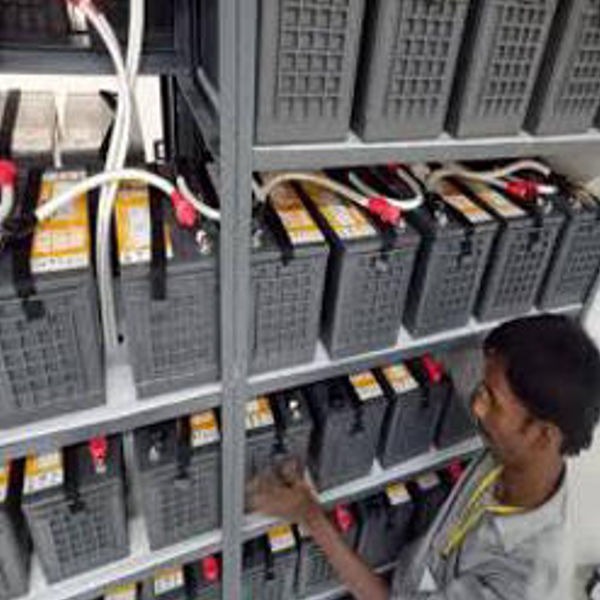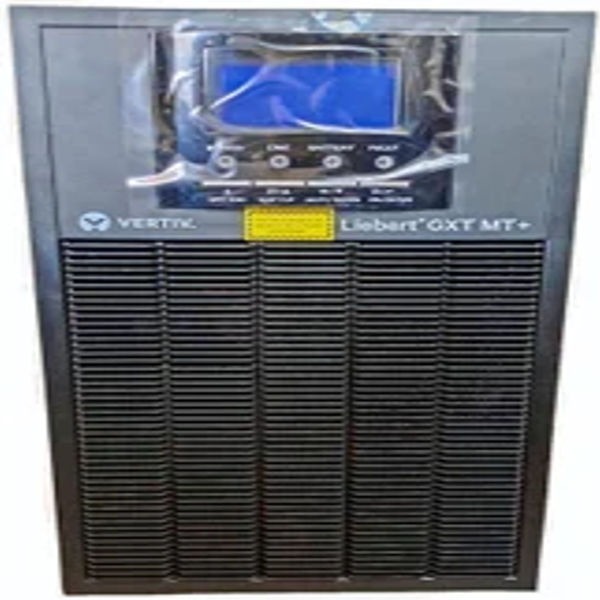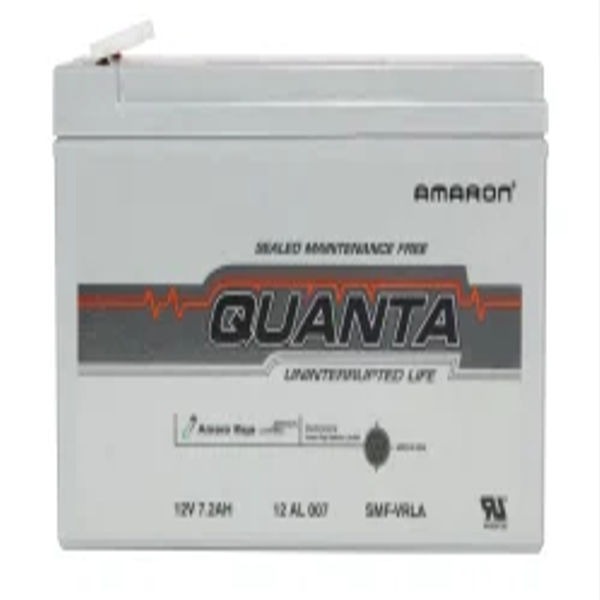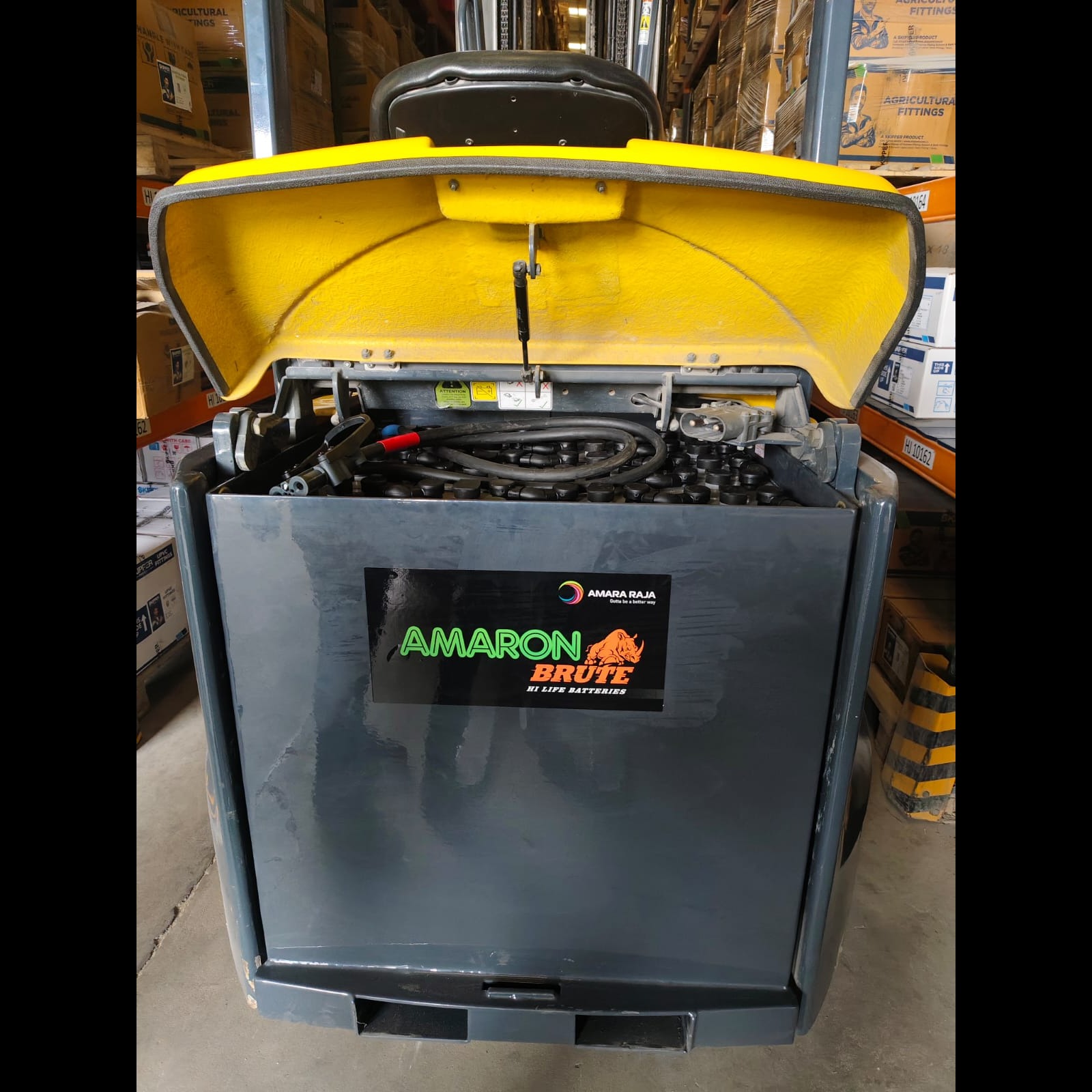
BEST LITHIUM ION BATTERY DEALER
NO. 1 LITHIUM ION BATTERY DEALER
Lithium-ion batteries are the most common type of traction batteries used in electric vehicles due to their high energy density, long cycle life, and relatively lightweight. Other types of batteries, such as nickel-metal hydride (NiMH) and solid-state batteries, are also used in some electric vehicles, but lithium-ion batteries are currently the most prevalent.
The performance and longevity of a traction battery are critical factors in the overall efficiency and cost of operating an electric vehicle. Factors such as energy density, charging speed, cycle life, and thermal management all play a crucial role in determining the overall effectiveness of the traction battery in an electric vehicle.
Energy Density: A high energy density allows for a greater amount of energy to be stored in a given volume or weight, which directly impacts the range and performance of the electric vehicle. Lithium-ion batteries are known for their high energy density compared to other types of batteries, making them a popular choice for electric vehicle applications.
Charging Speed: The charging speed of a traction battery determines how quickly the vehicle can be recharged. Fast-charging capabilities are essential for improving the convenience and practicality of electric vehicles, as they reduce the time required for recharging, similar to refueling a conventional gasoline-powered vehicle.
Cycle Life: The cycle life of a battery refers to the number of charge-discharge cycles it can undergo before its capacity declines significantly. A longer cycle life is desirable as it contributes to the long-term durability and reliability of the traction battery in an electric vehicle.
Thermal Management: Efficient thermal management is crucial for maintaining the optimal operating temperature of the traction battery, as both high and low temperatures can impact its performance and longevity. Proper thermal management systems help to regulate the temperature of the battery, ensuring safe and efficient operation.
In addition to the technical aspects, the cost and environmental impact of traction batteries are also significant considerations for electric vehicle manufacturers and consumers. The cost of traction batteries has been a major factor affecting the price of electric vehicles, although ongoing advancements in battery technology and manufacturing processes are steadily driving down production costs.
Furthermore, the environmental impact of traction batteries, particularly their raw material sourcing and end-of-life recycling, has been the subject of ongoing research and development efforts to minimize their ecological footprint.
As the demand for electric vehicles continues to grow, research and development in traction battery technology are focused on improving energy density, reducing costs, enhancing charging capabilities, increasing cycle life, and minimizing environmental impact. These efforts aim to accelerate the widespread adoption of electric vehicles and contribute to a more sustainable transportation ecosystem.
Overall, traction batteries are a critical component of electric vehicles, and ongoing advancements in battery technology are driving innovation and progress in the electric vehicle industry, making electric vehicles increasingly practical, affordable, and environmentally friendly.
#BEST LITHIUM ION BATTERY DEALER
#NO. 1 LITHIUM ION BATTERY DEALER
Keywords
time
safe
NiMH
price
range
choice
demand
weight
volume
number
subject
progress
addition
capacity
longevity
consumers
recycling
innovation
reliability
common type
Other types
convenience
performance
major factor
practicality
crucial role
charging speed
greater amount
long cycle life
critical factors
low temperatures
ongoing research
production costs
technical aspects
electric vehicles
longer cycle life
overall efficiency
critical component
traction batteries
efficient operation
high energy density
widespread adoption
development efforts
ongoing advancements
ecological footprint
environmental impact
long-term durability
nickel-metal hydride
Lithium-ion batteries
raw material sourcing
solid-state batteries
overall effectiveness
manufacturing processes
charge-discharge cycles
electric vehicle industry
Fast-charging capabilities
significant considerations
traction battery technology
Efficient thermal management
electric vehicle applications
optimal operating temperature
electric vehicle manufacturers
BEST LITHIUM ION BATTERY DEALER
NO. 1 LITHIUM ION BATTERY DEALER
Proper thermal management systems
sustainable transportation ecosystem
conventional gasoline-powered vehicle



